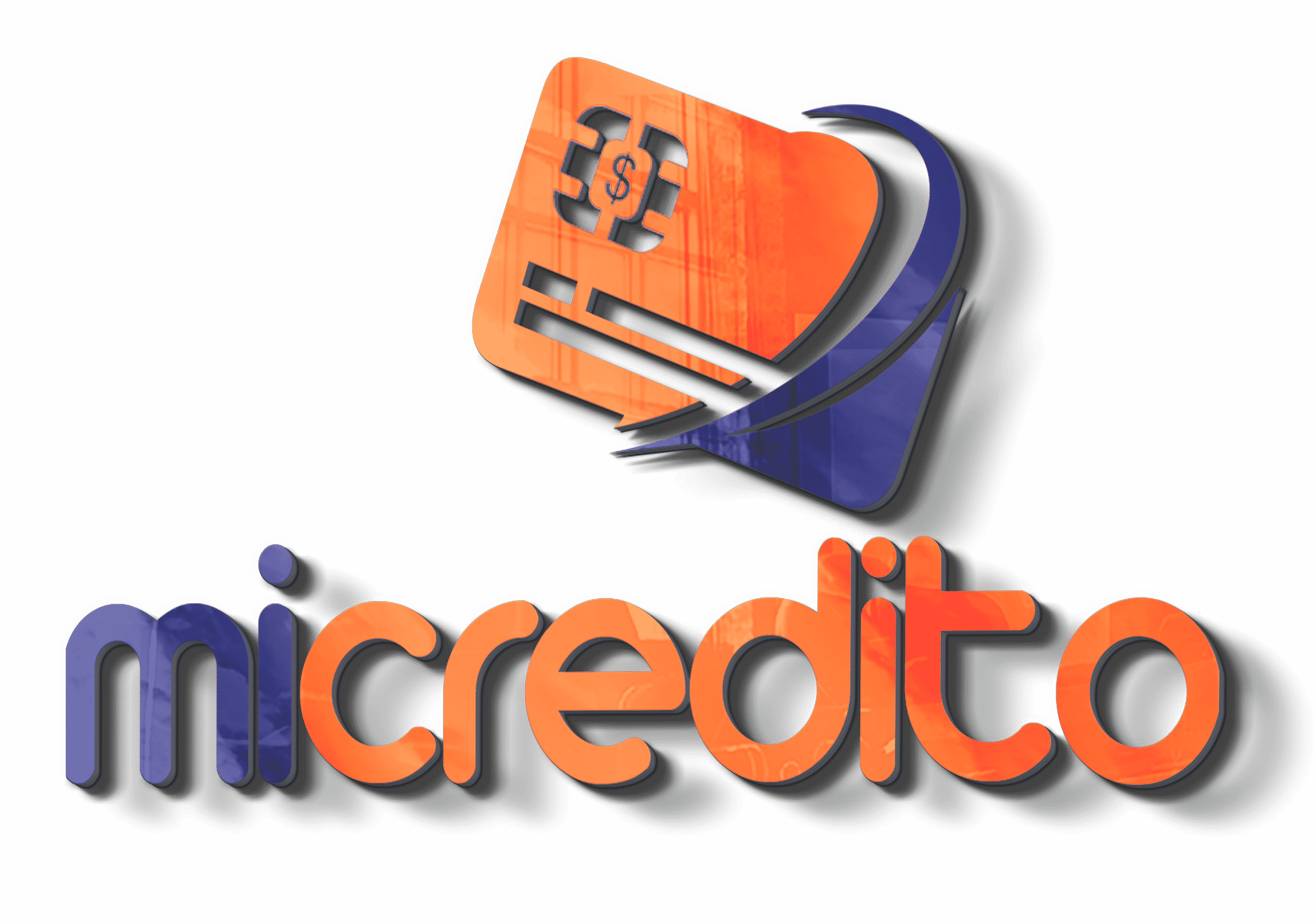In the US, credit cards and mortgages are two of the most common financial products. While they serve different purposes—credit cards help with everyday purchases and mortgages help finance homes—their relationship plays a bigger role in personal finances than many realize. Knowing how these two types of credit are connected can give you an edge in managing your finances, especially when it comes to debt and credit scores.
Understanding the connection between mortgage credit and credit cards is key. Factors like credit scores, interest rates, and your overall debt management strategy all come into play. The way you handle your credit cards can impact your chances of securing a mortgage loan, often in ways you might not expect. In this article, we’ll break down the link between them and explain what you need to know to use this relationship to your advantage.
Credit scores: the bridge between mortgages and credit cards

Credit scores are a cornerstone in both the credit card and mortgage approval process. When you apply for a credit card or a mortgage, your credit score is one of the first things lenders will look at to gauge your financial behavior. Generally, the higher your credit score, the better the terms you can expect for both types of credit.
For credit cards, a higher score means better deals—higher limits, lower interest rates, and more rewards. This, in turn, can help you manage your credit utilization ratio (the amount of credit you’re using versus your total available credit), which plays a significant role in your credit score. When it comes to mortgages, lenders use your credit score to decide whether or not you qualify for a loan and to determine your interest rate. So, a strong credit card history can directly benefit your mortgage prospects, especially if your score is in the “good” to “excellent” range.
The impact of credit card bebt on your mortgage application
One of the key areas where credit cards and mortgage credit intersect is your debt-to-income ratio (DTI). This ratio is a critical factor in mortgage applications and is used to determine how much you can afford to borrow. If you’re carrying a lot of credit card debt, it could raise your DTI, making it harder to qualify for a mortgage or even pushing you into a higher interest rate bracket.
Your credit utilization also plays a part here. If your credit card balances are high, it negatively impacts your credit score, making it less likely you’ll qualify for favorable mortgage terms. Keeping your credit card balances low and making payments on time helps improve your credit score and, by extension, your chances of getting a better mortgage offer. Managing your credit card debt carefully is essential, especially if you’re thinking about applying for a mortgage soon.
How to build strong credit for both credit cards and mortgages
Building good credit isn’t just about having a good score—it’s about maintaining healthy credit habits across all areas of your financial life. This includes paying off credit card balances in full and on time, as well as keeping your credit utilization low. These habits not only benefit your credit cards but can also positively affect your mortgage prospects.
A smart strategy for improving your credit score is to pay down high-interest credit cards first. Try to get your credit card balance to under 30% of your available credit. This will improve both your credit score and your debt-to-income ratio, which will work in your favor when it’s time to apply for a mortgage. By being proactive about your credit, you’ll be in a better position to secure favorable mortgage terms when the time comes.
Managing your mortgage payments and credit card usage
Once you secure a mortgage, it’s important to stay on top of your payments—not just for the mortgage, but also for your credit cards. Missing a mortgage payment or letting credit card debt pile up can create a snowball effect, making it harder to manage your finances in the long run. Keeping a balance between these financial obligations is key.
Make sure to prioritize paying your mortgage on time to avoid serious consequences, like late fees or foreclosure. At the same time, avoid using credit cards to the point where they become a burden. A good balance will ensure you’re maintaining a healthy financial profile, which will benefit both your mortgage situation and your credit card terms going forward.
Using credit cards to help with homebuying costs
While mortgages and credit cards are typically viewed as separate financial tools, they can complement each other in some situations. For example, many homebuyers use credit cards to pay for certain home-related expenses, like home renovations or closing costs. When done wisely, this can earn you rewards, cashback, or even points that can help cover some of the costs of owning a home.
However, using credit cards for big expenses requires caution. Overspending or maxing out credit cards for these types of costs can lead to more debt than you can handle. If you decide to use credit cards for home-related expenses, make sure to pay them off promptly to avoid high interest rates. Using credit cards sparingly and responsibly for these expenses will help you maintain a healthy credit score and keep your financial situation in check.
Refinancing your mortgage: how credit cards factor in
When refinancing your mortgage, credit card debt can influence your options. Lenders will review your financial history, including how you’ve managed your credit cards, to determine whether you qualify for better mortgage terms. A solid credit history, built with responsible credit card use, can help secure lower rates or better loan terms.
If you’re carrying a significant amount of credit card debt, it could hurt your chances of refinancing at a favorable rate. To improve your refinancing prospects, focus on paying down credit card debt before you apply. This will not only help your credit score but will also increase your chances of securing a lower mortgage rate, ultimately saving you money in the long run.





